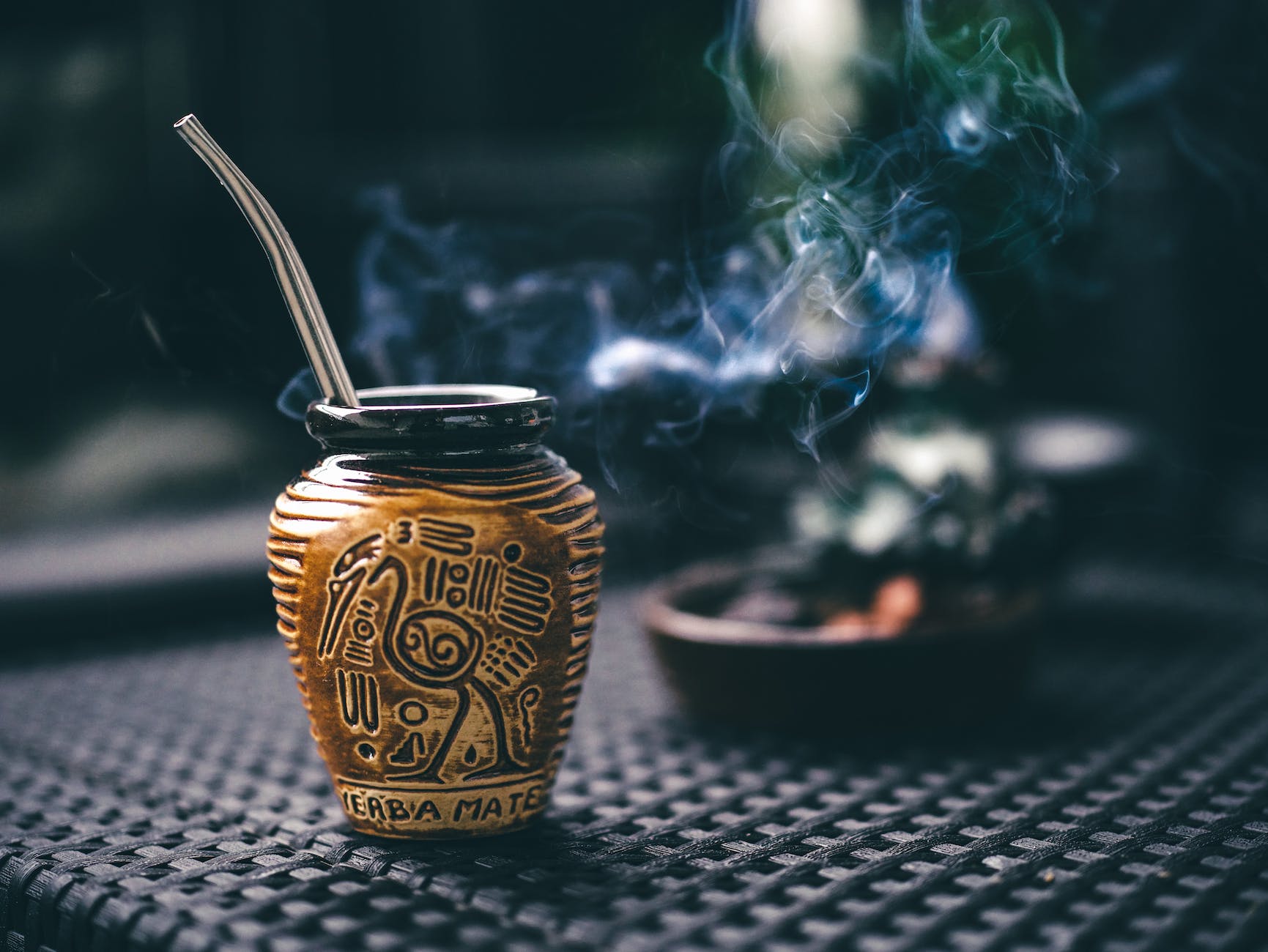
Yerba Mate Drinks
Yerba mate is a refreshing beverage that is said to have the strength of coffee and the health benefits of tea. It contains caffeine, antioxidants, and several nutrients.
It prevents the accumulation of bad cholesterol and triglycerides in the arteries, thus reducing the risk of arteriosclerosis and heart diseases. It also increases HDL cholesterol, or “good” cholesterol.
Improved Memory
Yerba mate is packed with polyphenols, which are natural antioxidants. They slow or stop the oxidation of harmful substances in your body that can damage DNA.
A natural caffeine substitute, yerba mate helps you stay alert without feeling jittery or anxious. It is also packed with vitamins, containing about 22 mg of water-soluble vitamins in 100 g of dry leaves.
A soccer star credits yerba mate for his energy level and says it makes him feel “sharp.” It’s no wonder professional athletes worldwide are drinking yerba mate, including hockey players and footballers. Research has found that chlorogenic acid can help fight diabetes by regulating blood sugar levels and increasing insulin sensitivity.
Reduced Risk of Cancer
The yerba mate drinks contain saponins, which have been linked to being anti-atherosclerotic (to keep your heart happy), hepatoprotective (to protect against liver damage), and hypocholesterolemic (to lower bad cholesterol). It’s also an adaptogenic herb. This means it adapts to each person’s body and tries to harmonize different physical, biological, or chemical stressors.
Some studies have found that drinking hot yerba mate increases the risk of esophageal cancer, but these were not population-based or scientific. The problems with these studies included a need for more precise measurements of tea temperature or how people drank it.
However, another study found that the caffeoylquinic acid derivatives in yerba mate can kill colon cancer cells. This was achieved by triggering cancer cell death through a process called apoptosis. Yerba mate also reduces the levels of AGEs in your blood. These are significant causes of diabetes complications like poor blood flow and inflammation.
Reduced Risk of Heart Disease
Several studies indicate that Yerba Mate contains antioxidant polyphenols, which increase the body’s ability to resist oxidative stress and protect against diseases. These compounds include rutin, quercetin 3-rhamnoside and 3-glucoside, kaempferol 3-rhamnoside and 3-glucoside, and luteolin glycoside.
Consuming yerba maté regularly can lower cholesterol levels by 15% to 18%, which prevents heart disease and arteriosclerosis. It also vasodilates the blood vessels, improving blood flow and lowering high blood pressure.
Yerba mate also increases bone density in postmenopausal women, an essential factor in reducing osteoporosis risk. Additionally, drinking Yerba mate may reduce the risk of heart attacks by reducing blood triglycerides. It can also help with weight loss and depression and reduce fatigue. Yerba mate can even relieve urinary tract infections and kidney stones.
Reduced Risk of Osteoporosis
Yerba Mate contains calcium, magnesium, and Vitamin C. Its flavonoids include quercetin 3-rhamnoside and 3-glucoside, kaempferol 3-rhamnoside and 3-glucoside, and luteolin glycoside. The roasted leaves contain linoleic acid, -linolenic acid, and coumarins (including alcohol).
Many of the benefits of yerba mate stem from its antioxidant properties. These help reduce oxidative damage, leading to chronic diseases like cancer and heart disease.
Studies have also shown that mate tea can lower cholesterol and improve cardiovascular health. Its saponins reduce cholesterol oxidation, which can clog the arteries, and it acts as a hypotensive vasodilator. The drink has also enhanced bone density, especially in menopausal women. In one study, yerba mate-drinking women had a higher lumbar spine and femoral neck BMD than non-drinkers.
Increased Bone Density
Yerba Mate contains antioxidants that improve the body’s natural defenses and prevent cell damage and disease. These powerful phytochemicals are called saponins. They have been shown to lower cholesterol levels, fight cancer, and promote bone health.
Yerba mate also helps reduce the risk of heart disease by lowering “bad” low-density lipoprotein (LDL) cholesterol in the blood. One 40-day study found that people who drank yerba mate tea had lower LDL cholesterol readings than those who didn’t.
Studies show that Yerba Mate can increase energy efficiency in your muscles by promoting using fats for fuel during exercise instead of carbohydrates. This can boost performance and make your workouts more effective. That’s why many athletes drink yerba mate before matches.






